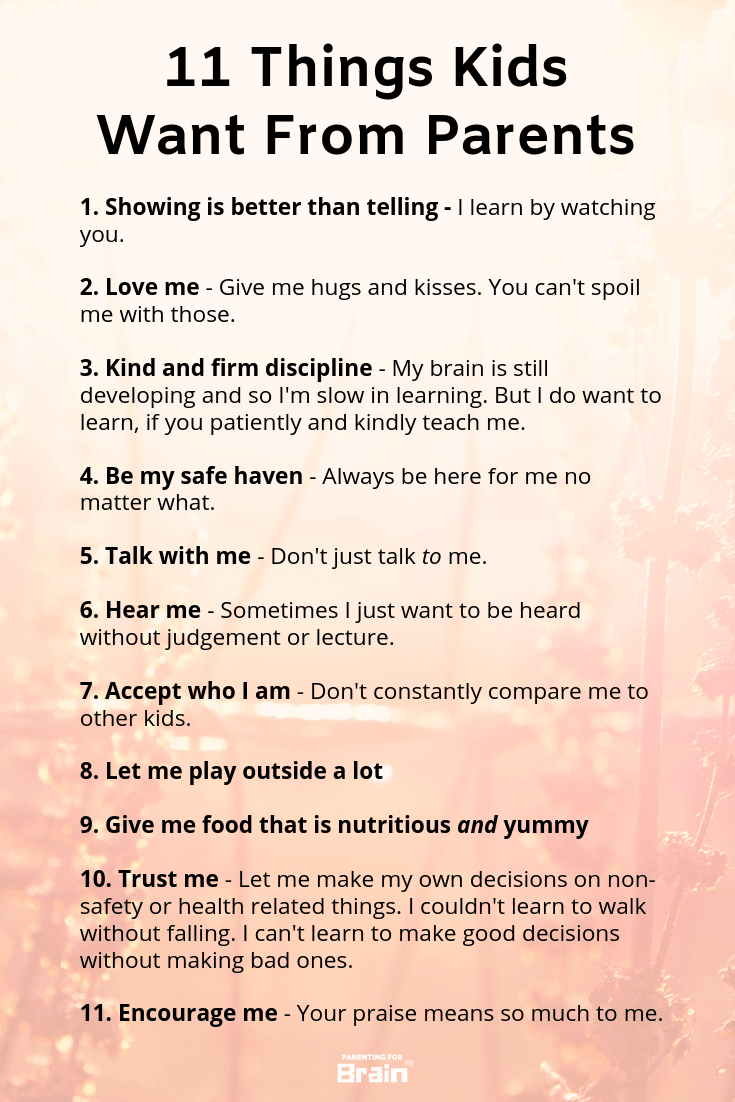When considering how to raise children with good character, one might ask, “What intrinsic qualities should we nurture to ensure our children grow into compassionate, responsible adults?” The pursuit of character development is no small task; it poses profound challenges that extend beyond mere discipline or instruction. The Baha’i teachings offer illuminating perspectives that can serve as guiding principles for parents in this deliberate endeavor.
Central to the Baha’i philosophy is the notion that each child is born with a divine potential, a unique spirit that mirrors the attributes of the Creator. This assertion serves as the bedrock upon which the guidance for character development is built. Thus, the first element of Baha’i education emphasizes the importance of recognizing and nurturing that inherent potential. As parents, it becomes essential to cultivate an environment where children feel valued and appreciated for who they are, which can foster self-confidence and motivate them to develop their unique talents.
The Baha’i teachings advocate for the cultivation of virtues such as honesty, kindness, and justice. These qualities, often termed “moral attributes” in Baha’i literature, are foundational to character development. To implement this in practice, parents can model these virtues in their daily lives. For instance, displaying transparency and integrity in personal and professional interactions teaches children the importance of honesty organically. Introducing them to real-life situations where moral decisions need to be made can serve as effective teaching moments, enabling children to understand the nuances of ethical behavior.
In light of this, a pleasant yet serious challenge arises: How can parents effectively instill these virtues in a world rife with distractions and competing moral narratives? This query beckons deeper introspection about the influence of external environments on a child’s character formation. Exposure to diverse societal values can sometimes create cognitive dissonance, which may lead children to question the very principles that their parents strive to impart. Consequently, it is imperative for parents to engage in open discussions about morality and ethical dilemmas, thereby providing children the tools to navigate complex societal landscapes while remaining grounded in their moral upbringing.
Another crucial aspect of Baha’i teachings is the importance of education—both academic and spiritual. The Baha’i Faith places a strong emphasis on the unification of science and religion. Parents should therefore encourage their children not only to pursue academic excellence but also to seek spiritual understanding. This dual approach equips children with a comprehensive worldview that encompasses both empirical knowledge and moral wisdom.
Moreover, parents are urged to cultivate a spirit of service in their children. Service to humanity is a cornerstone of Baha’i teachings. Engaging children in community service activities from a young age can instill an appreciation for altruism and empathy. This principle can be actualized through family volunteer projects, where children witness firsthand the transformative power of giving. The inherent bond formed through shared experiences of service can strengthen familial relationships while simultaneously nurturing a sense of belonging and responsibility toward the wider community.
Furthermore, balancing discipline with love is crucial. In the Baha’i tradition, it is articulated that love should be the guiding force in parent-child relationships. Children thrive in environments that are characterized by affection, warmth, and understanding. Discipline should never be punitive but rather a constructive tool that teaches accountability and self-regulation. A Baha’i parent may employ strategies such as positive reinforcement and natural consequences, which help children associate their actions with tangible outcomes, thereby cultivating an understanding of accountability and responsibility.
Additionally, fostering creativity and critical thinking is indispensable in raising well-rounded individuals. By encouraging children to engage in artistic pursuits, problem-solving activities, and collaborative projects, parents can nurture a sense of innovation and independent thought. Baha’i teachings encourage the development of capabilities that enable children to contribute positively to society, and creativity plays a vital role in this mission.
Parents can create environments conducive to exploration and expression, ensuring that their offspring feel safe to voice their opinions and challenge existing paradigms.
Moreover, an integral part of the character-building process involves instilling a sense of justice and fairness. Parent-led discussions about social justice issues should be embraced as opportunities for children to develop discerning minds and ethical frameworks. By promoting awareness around injustices, parents can teach their children to advocate for equality and integrity, cultivating not only character but also a commitment to social responsibility.
In conclusion, raising children with good character according to Baha’i teachings demands intentionality, compassion, and understanding. It requires parents to draw upon a wealth of principles—from recognizing the divine potential within each child to fostering a spirit of service and justice. While challenges will undoubtedly arise in this journey, the rewards of developing well-rounded, compassionate individuals who possess a strong moral compass are immeasurable. As parents navigate this complex terrain, they should strive to be both guides and partners in their children’s lifelong journey of character development, ensuring that their legacy is one of love, virtue, and social contribution.
